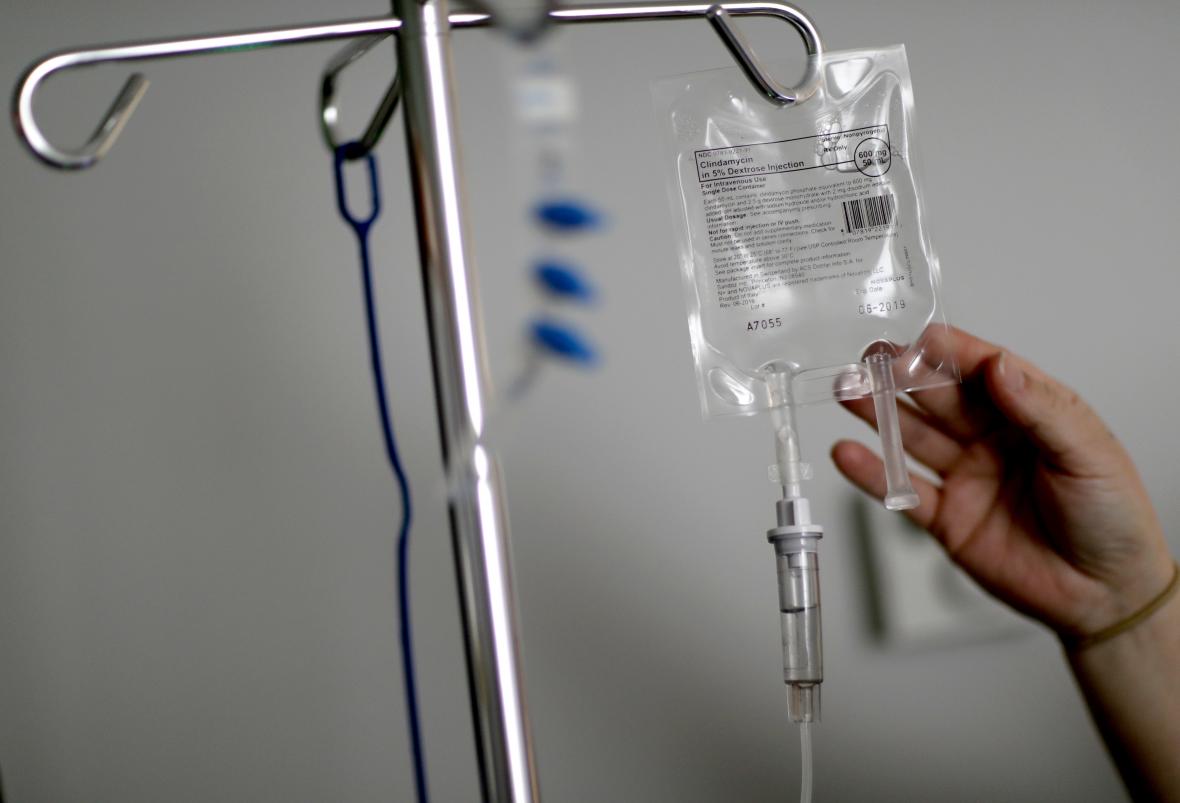The Centers for Disease Control and Prevention recently issued a progress report on preventing hospital-associated infections. Wisconsin hospitals are generally doing well but are working to reduce surgical site infections.
The CDC report says Wisconsin has made progress against so-called “superbugs” or antibiotic resistant infections. The state has also lowered infections caused by catheters and central lines.
One area that needs improvement, however, is infections at surgical sites: after hysterectomies, for example, or colon surgery. Gwen Borlaug coordinates a healthcare associated infection prevention program for the state Division of Public Health. She says there are many steps that both patient and doctor can take to prevent infection of a surgical site.
Stay informed on the latest news
Sign up for WPR’s email newsletter.
“Unfortunately it does not take many bacteria to get that wound contaminated,” she said.“We just have to make sure the odds are on the side of the patient so they don’t come down with these infections.”
The CDC report notes that the country is making progress against hospital-associated infections in part because of federal financial incentives tied to Medicare payments. Borlaug also notes that infections are expensive to treat.
“It’s not good for healthcare facilities to have patients with these infections,” Borlaug said. “It’s not good for the patients, obviously, and the providers certainly don’t want their patients to come out sicker than when they came in.”
The April 10 summit in Wausau on surgical site infections is sponsored by the state, Wisconsin Hospital Association and MetaStar, a quality improvement organization. Borlaug says so far 53 hospitals have signed up.
Wisconsin Public Radio, © Copyright 2024, Board of Regents of the University of Wisconsin System and Wisconsin Educational Communications Board.







